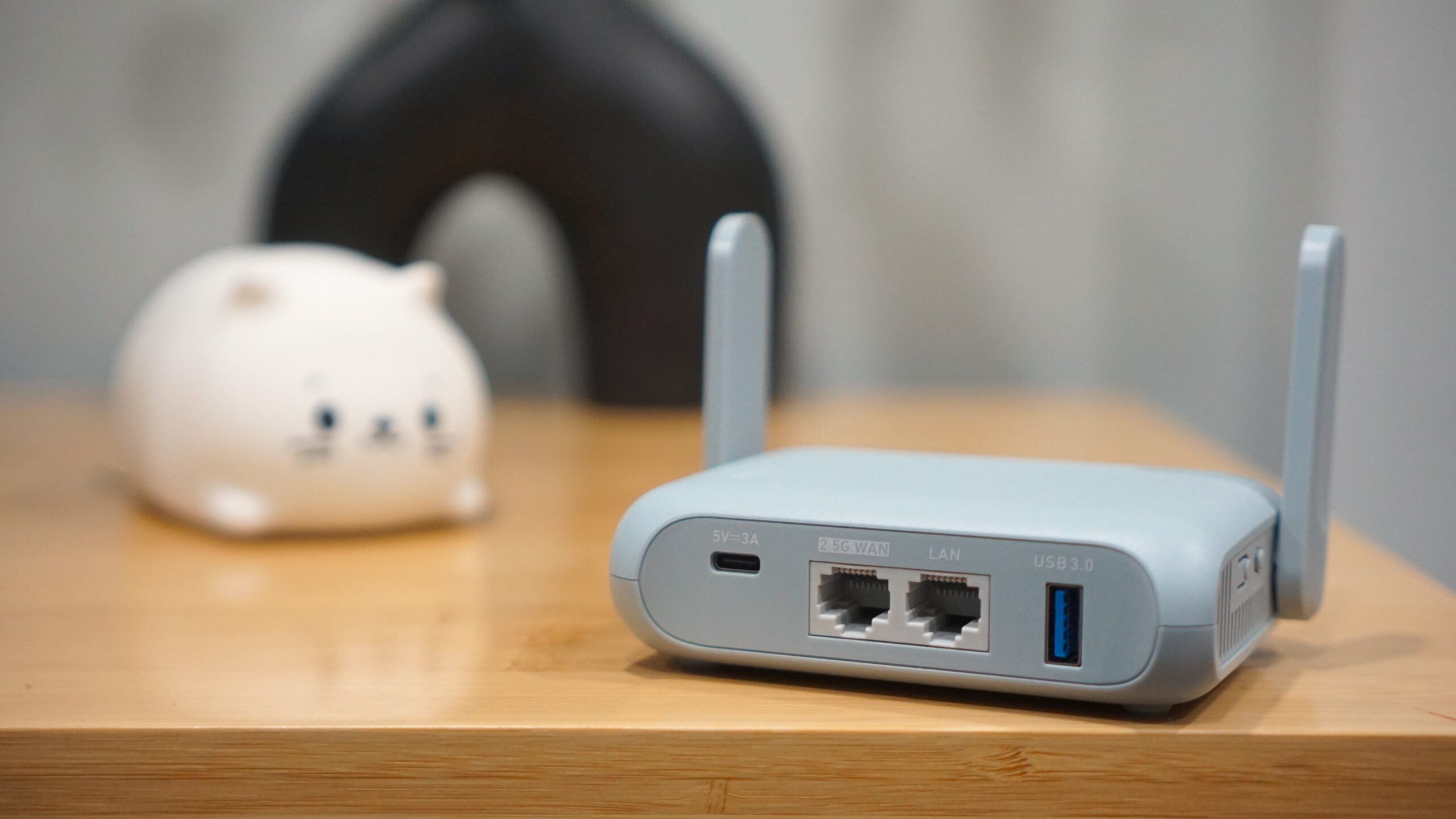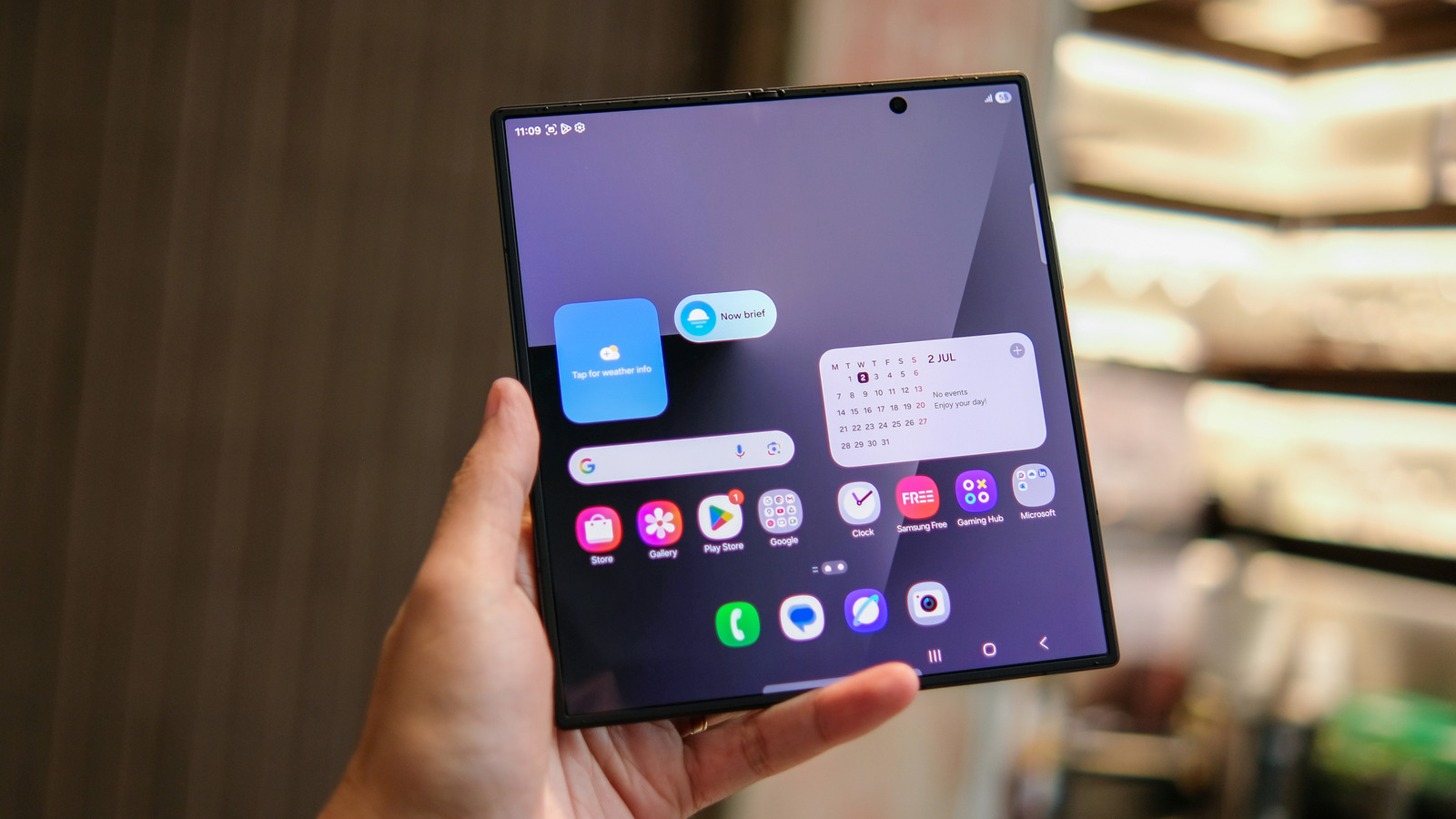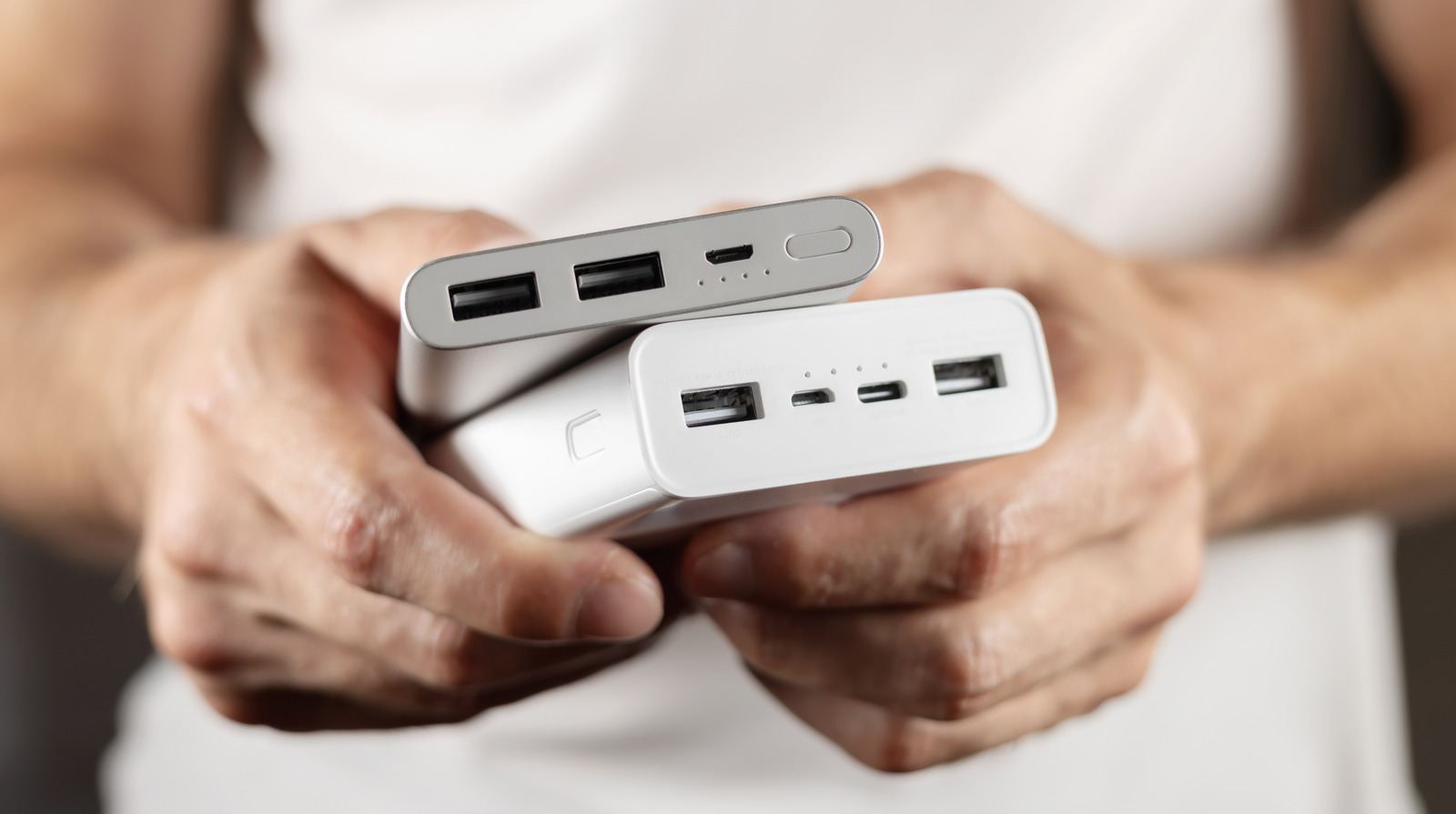China’s flourishing, crowded electric vehicle market had been unusually quiet over the past few days until Thursday, when Xiaomi launched its YU7 crossover, considered by many to be a major challenge to the long-held global dominance of the Tesla Model Y.
The consumer electronics giant broke records by securing more than 289,000 reservations with RMB 5,000 ($698) refundable deposits for its first sports utility vehicle in just one hour after its launch. That was “far more than expected” and probably a “miracle” in the Chinese automotive industry, chief executive Lei Jun told Chinese reporters after the launch event (our translation).
“We believe the Xiaomi YU7 is priced very competitively and could become the best-selling EV model in the entire market,” analysts at Citic Securities told clients in a note sent on Friday (our translation). “Most importantly, YU7’s pricing is slightly below that of Tesla Model Y but it offers much better performance,” Jefferies analysts also wrote, “thus we expect YU7 would be able to take market share from Model Y.”
Details: With a starting price of RMB 253,500 ($35,364), exactly RMB 10,000 lower than the Tesla Model Y in China, Xiaomi’s second model, and its first sports utility vehicle, looks ready to live up to the hype with higher and more balanced performance than most of its competitors.
- The entry-level YU7 comes with a notable driving range of 835 kilometers (519 miles), powered by a large, iron-based battery pack from CATL with a capacity of 96.3 kilowatt-hours (kWh), which can charge from 10% to 80% in 21 minutes. For comparison, the rear-wheel drive Model Y has an official range of 593 km and the long-range model offers 719 km of range.
- Regarding the top-end, four-wheeled YU7 Max, the combined total output of Xiaomi’s HyperEngine V6s electric motors is more than 690 PS (681 hp), giving it an acceleration of 100 km/h (62 mph) within three seconds excluding the first foot of travel. Such performance is “almost unavailable” in the vehicle segment below RMB 1 million, according to Lei.
- All the YU7 variants also feature Xiaomi’s “End-to-end Assisted Driving” system with a lidar unit, powered by NVIDIA’s latest four-nanometer Thor processor, while the car’s infotainment system integrates Qualcomm’s Snapdragon 8 gen 3 smartphone processor. Lei said the company is considering using the second generation of its in-house developed chip, the Xuanjie O1, on future models.
- Xiaomi said the five-seater crossover provides comfort with larger headroom and legroom across both rows than Tesla’s Model Y, as well as Nappa leather seats, an upscale option in many luxury-car interiors. The car’s glass sunroof, which features electrochromic (EC) technology, absorbs the sun’s energy more efficiently than the window blinds offered by Tesla and therefore creates a cooler cabin, according to Lei.
READ MORE: Xiaomi’s second EV model draws styling cues from Ferrari Purosangue
Context: Xiaomi secured 88,898 pre-orders in the 24 hours following the launch of its first consumer car last March and has delivered approximately 258,000 SU7 sedans in 13 months as of May 21. The company has set a target of selling 350,000 cars this year despite facing production constraints, and is looking to expand its manufacturing plant in Beijing at a time when overcapacity has become an issue for many rivals.
- A number of Chinese automakers have benchmarked their all-electric sports utility vehicles against the Tesla Model Y, the world’s top-selling vehicle from 2023 to 2024. However, their “Tesla killers,” such as the Luxeed R7 and NIO’s Onvo L60, have been unable to shake the Model Y’s success in China. The US automaker sold 201,926 cars in China in the first five months of this year, according to figures compiled by the China Passenger Car Association.
READ MORE: Xiaomi’s first SUV expected to go on sale alongside new foldable phones





3.png-e1695200541979.png)




